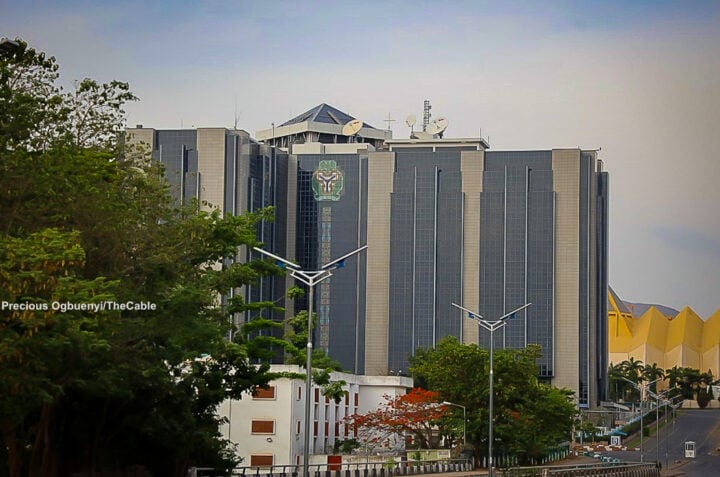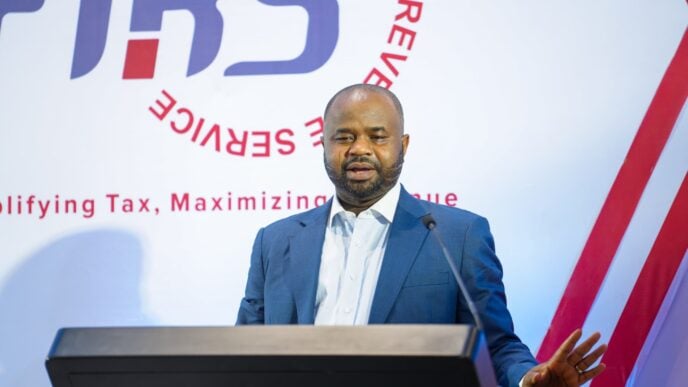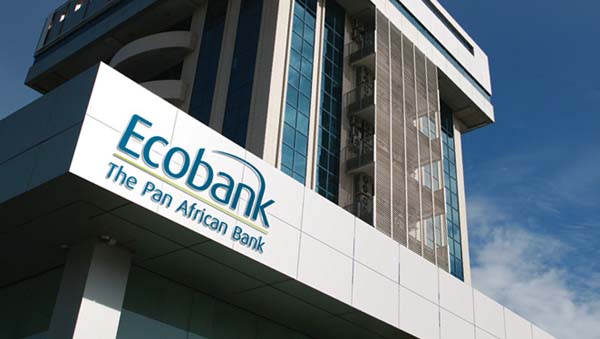EnterpriseNGR, a leading private-sector advocacy group, has urged the Central Bank of Nigeria (CBN) to implement policies that promote non-oil exports and attract diaspora investments to stabilise the naira.
The organisation spoke during the launch of its flagship publication — The State of Enterprise (SOE) 2025 Report — held on Thursday in Lagos.
According to the report, Nigeria’s overreliance on oil, “which accounts for over 50 percent of the country’s foreign exchange (FX) receipts,” coupled with persistent FX volatility and weak inflows, continues to put pressure on the local currency.
“Persistent FX volatility, overreliance on oil, and weak FX inflows continue to pressure the naira,” EnterpriseNGR said.
Advertisement
“The CBN should implement policies that promote non-oil exports and attract diaspora investments.
“Expand targeted funds such as the Export Stimulation Facility to provide low-interest loans to non-oil exporters. Also, prioritise access to FX for exporters.”
The group also emphasised the need to enhance transparency in the FX market, saying investor confidence depends on clear and consistent policy direction.
Advertisement
“Enhancing transparency in FX markets and diversifying inflow sources through diaspora bonds and export credit programs will also help rebuild reserves and restore confidence in the currency,” the advocacy group said.
“Issue more diaspora bonds in small denominations with attractive yields and clear use cases (e.g., infrastructure, healthcare).
“Collaborate with asset managers to create regulated investment vehicles that pool diaspora funds into Nigerian sectors.”
The report also flagged the growing risks in the financial system due to weak cybersecurity infrastructure.
Advertisement
According to the advocacy group, the surge in digital banking has outpaced available defences, increasing exposure to fraud and data breaches.
“The amount lost to financial fraud rose by 23% in 2023 to N17.7 billion, up from ₦11.6 billion in 2020 and N3 billion in 2019,” EnterpriseNGR said.
“In response, sector-wide cybersecurity standards should be developed by the Office of the National Security Adviser in collaboration with the Committee of Chief Information Security Officers of Nigerian Financial Institutions (CCISONFI).
“Banks should also invest in AI and machine learning for early fraud detection and improved risk analytics.”
Advertisement
‘RURAL COMMUNITIES STILL EXCLUDED FROM FORMAL FINANCIAL SERVICES’
EnterpriseNGR also raised concerns about financial inclusion, saying that many rural and underserved communities still lack access to formal financial services.
Advertisement
According to the report, the gap is largely due to high infrastructure costs, low profitability for banks, and limited digital connectivity.
“To achieve the 95% financial inclusion target, the CBN should introduce targeted incentives for banks expanding into underserved areas,” the report said.
Advertisement
“Public-private partnerships between state governments and financial institutions can help subsidise infrastructure costs.
“Grants and utility support should also be provided to encourage agent banking and mobile branch deployment.”
Advertisement
The report added that beyond account ownership, the CBN and financial institutions must work together to deepen the use of financial products that drive real economic improvement.
EnterpriseNGR called for the expansion of credit, savings, pensions, and insurance products in underserved areas to create lasting financial empowerment.












